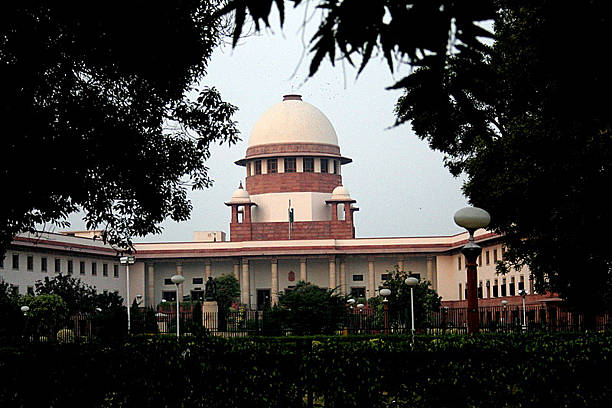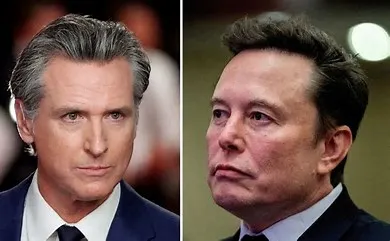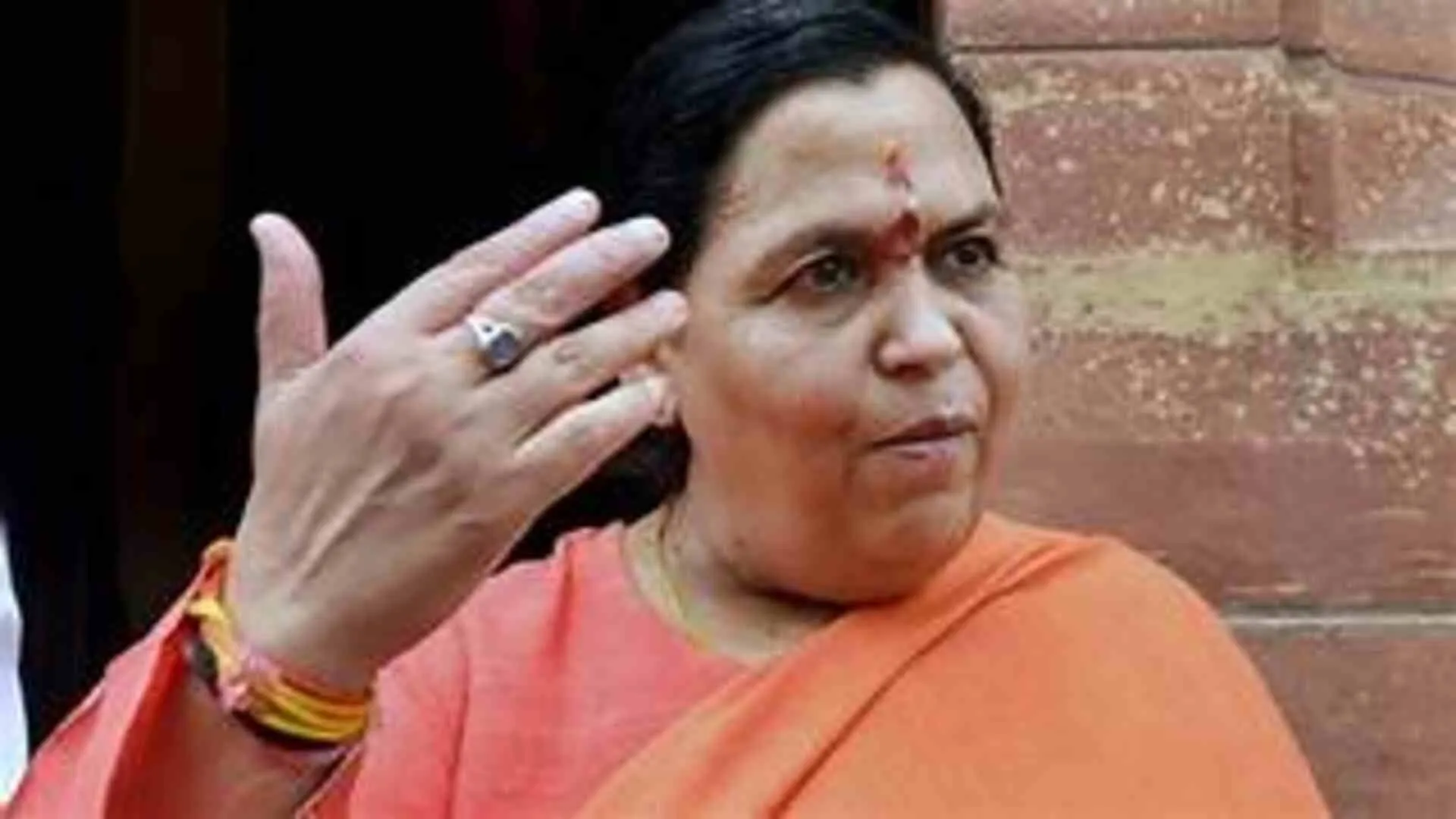The Supreme Court in the case Google vs CCI observed in a plea challenging the order of National Company Law Appellate Tribunal which declined to stay the decision of Competition Commission of India’s for imposing Rs 1,338 crore penalty on it for unfair and anti-competitive practices in relation to Android phones. The NCLAT on January 6 refused to stay the order of CCI’s and has directed Google to deposit 10% of the penalty amount within a period of three weeks. The bench comprising of Chief Justice DY Chandrachud and Justice PS Narasimha was hearing the matter mentioned by Senior Advocate AM Singhvi, It has been submitted by Sr Adv AM Singhvi, while urging for an early listing that extraordinary directions had been passed by the CCI. He stated, Please list early otherwise the matter will be infructuous, Compliance date is January 19. The bench headed by CJI DY Chandrachud stated that the matter will be listed on Monday. Facts of the Case: The Google LLC (formerly Google Inc.) is a Delaware limited liability company and wholly owned subsidiary of Alphabet Inc. Google which provides a variety of information technology related services and an internet search service. The Google’s core business activities are Chrome, Gmail, Google Drive, Google Maps, Android, Google Play, Search, and YouTube. Thus, the Google India Private Limited (“Google India”) is an indirect subsidiary of Google LLC. The smart phones require an operating system to run the applications and programs. However, Android being one such mobile operating systems, was acquired by Google in 2005. A complaint has been filed by the consumers of Android based smart phones against the Google LLC and Google India under Section 19(1) (a) of the Competition Act, 2002, wherein it is alleged the abuse of dominant position by Google in the mobile Operating System markets. The bench of Competition Commission of India comprising of Chairperson, Mr. Ashok Kumar Gupta, the Member, Ms. Sangeeta Verma and the Member, Mr. Bhagwant Singh Bishnoi, observed while adjudicating the complaint in Mr. Umar Javeed & Ors. v Google LLC & Anr, wherein the court observed and has examined the Google’s Android mobile operating system and proprietary mobile applications such as Play Store, Google Search, Google Chrome, YouTube, etc. It has been submitted by Google that it was facing competitive constraints from Apple. It has also been noted by the bench of CCI that the differences in the business model of Google’s Android and Apple’s iOS ecosystem. While the buiseness of Apple’s focuses on sale of high-end smart devices with state of the art software components, Google’s business focuses on increasing users on its platforms so that they interact with its revenue earning service. Thus, the bench opined that there being no substitutability between Google’s Play Store and Apple’s App Store. The court observed that the Google manages the Android OS and licences its other proprietary applications. Therefore, the Original Equipment Manufacturers (“OEMs”) use this OS & Google’s apps in their smart mobile devices. Thus, the Goggle enters into multiple agreements to govern their rights and obligations viz. Mobile Application Distribution Agreement (MADA), Android Compatibility Commitment Agreement (ACC), Revenue Sharing Agreement (RSA) ), Anti-fragmentation Agreement (AFA), etc. It has been assured by MADA that one of the most prominent search entry points i.e., search app, widget and chrome browser are pre-installed on Android devices, which accorded significant competitive edge to services of Google’s search over its competitors. Further, it has also been secured by the Google the significant competitive edge over its competitors, in relation to its another revenue earning app i.e. YouTube in the Android devices. The competitors providing of these services could never avail the same level of market access which Google secured and embedded for itself through MADA. The effect of network which is coupled with status quo bias, create significant entry barriers for competitors of Google to enter or operate in the concerned markets. It has been held by the bench that the that mandatory pre-installation of entire Google Mobile Suite (GMS) under MADA, with no option to un-install the same, and their prominent placement which amounts to impose of unfair condition on the device manufacturers. Therefore, the court observed that the Google violated Section 4(2)(a)(i) of the Competition Act. It has been concluded by the CCI Bench that Google perpetuated its dominant position in the online search market, resulting in denial of market access for competing search apps. The dominant position is being abused by the Google in the Android OS app store market, to protect its position in online general search. Further, the bench of CCI by invoking its powers under Section 27 of the Competition Act and had imposed a monetary penalty of Rs. 1337.76 Crore on Google for abusing of its dominant position in multiple markets. It has also been issued by the bench a cease-and-desist order against Google from which includes the practise of anti-competitive practices that have been found to be in contravention as stated under Section 4 of the Competition Act. The court also directed the Google to modify its conduct within a defined timeline.

















